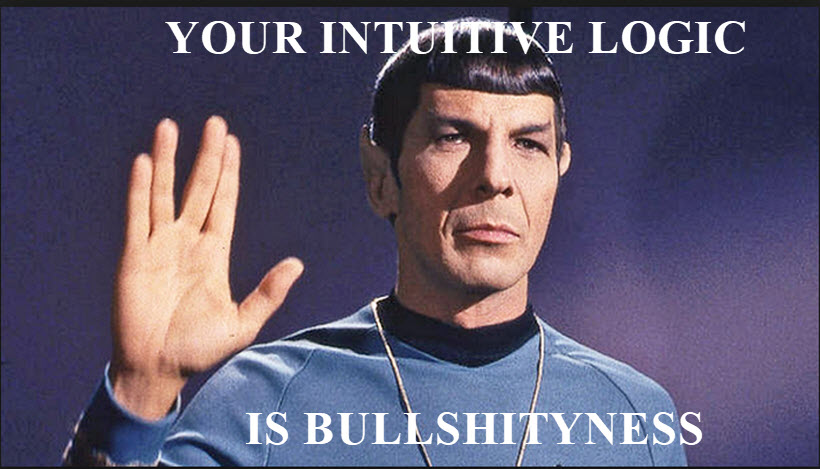
Daniel Kahneman and Amos Tversky outlined the Prospect Theory in 1979. It identifies economic behaviors that are inconsistent with rational decision making. (“Prospect Theory: An Analysis of Decision Under Risk,” Econometrica 47 (1979): p.263 – 291)
The most significant insights from the theory is that people exhibit significant aversion to losses when making choices between risky outcomes, no matter how small the stakes. Kahneman and Tversky found that a loss has about two and a half times (X 2 1/2) the impact of a gain of the same size. It means that people feel a lot worse about losses of a size than they feel good about a gain of a similar magnitude.
This behavioral finding has the following implications. People are a lot happier when they are right frequently. Being right frequently does not mean that your investment is outperforming bench mark. The percentage of your increased stocks in your portfolio does not determine investment performance. It is the absolute dollar change (net value) in the portfolio that dictates how good your overall investment performance is.
Constantly thinking about “expected-value terms” requires discipline and it is not natural for us to think within our intuitive thinking patterns. Focus NOT on the frequency of correctness but on the magnitude of overall correctness. We need to educate our intuitive and emotional tendencies which incline our loss to magnify 2.5 times more than our gain.
Currently we have feeling: │+2.5│=│-1.0│ (+:gain, – : loss)
This is our current intuitive feeling and is not functioning well to handle properly.
We need to train us to be able to feel as: │+1.0│=│-1.0│
Only then can we correctly perform “cool decisions” every day. Understanding and educating human nature (our nature) properly, is essential for us to improve our sense of balance every day. Interestingly, the human inclination to feel 2.5 times worse for loss than gain, is widespread across different people. We may not be able to find the original cause of why, but at least knowing our own nature can make us see the events straight.
